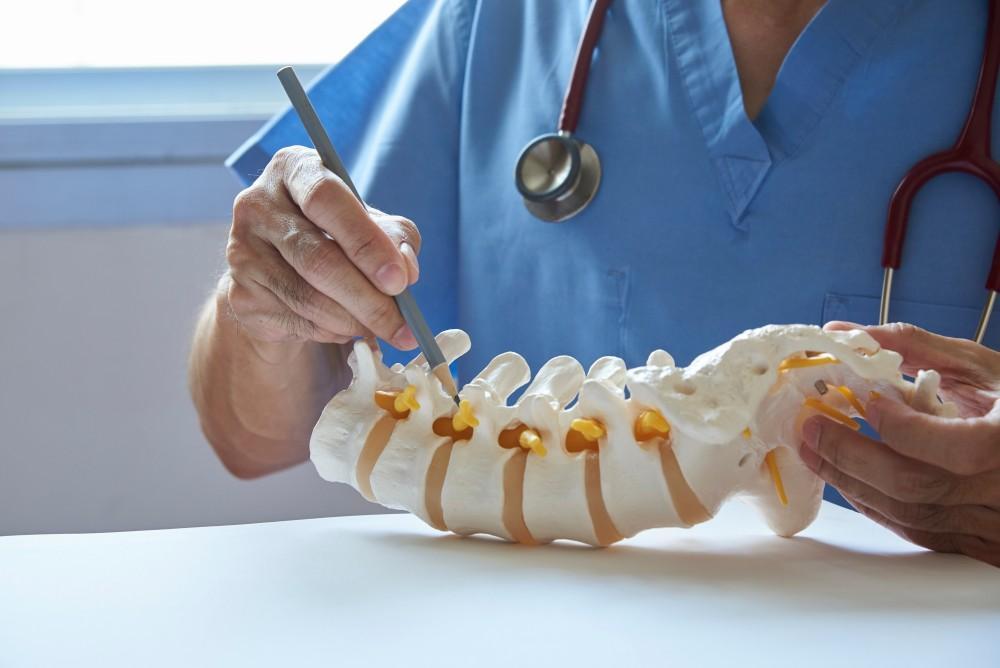
What Do Neurosurgeons Do?

A neurosurgeon is a medical doctor specializing and receiving in-depth training in conditions affecting the nervous system: the brain, spinal cord, and nerves. They perform various surgical procedures to treat nervous system problems, but they generally try all nonoperative treatment methods, such as medications, steroid injections, and physical therapy, before recommending a surgical approach.
At Vertrae®, board-certified neurosurgeon Dr. Kamal R. Woods performs all manner of back and spine surgeries, specializing in minimally invasive and robot-assisted techniques. Like most neurosurgeons, he starts his patients on nonsurgical treatments to relieve pain and discomfort, reserving surgery as a last resort.
Neurosurgery training
Neurosurgeons must undergo extensive instruction and training before performing the complex surgeries the nervous system requires.
To be qualified as a neurosurgeon, a person must successfully complete:
- Four years of pre-med education at a college or university leading to a bachelor’s degree
- Four years of medical school leading to a Doctor of Medicine (MD) or Doctor of Osteopathic Medicine (DO) degree
- One year of internship in general surgery
- Five to seven years of post-graduate training in a neurosurgery residency program
- Some neurosurgeons complete a fellowship after residency to further specialize in a particular area of neurosurgery
Earning the neurosurgeon shingle takes approximately 14-16 years, including pre-med education, medical school, internship, and residency. This is one of the longest training periods of any medical specialty because of the nervous system’s complexity.
Like all other medical specialists, neurosurgeons also need to complete continuing education (e.g. conferences, research, and classes) throughout their career to keep abreast of advances in technology and technique in their field.
Why would I see a neurosurgeon?
In addition to preventing, diagnosing, and treating disorders of the brain, spine, and nerves, neurosurgeons also treat conditions that affect blood flow to the brain. As well as performing surgeries, they may be involved in a person’s rehabilitation after treatment.
Common reasons why people need neurosurgery include:
- Strokes, aneurysms (bulging blood vessels), or bleeding in the brain
- Benign or cancerous brain and spinal tumors
- Spinal conditions such as herniated discs and osteoarthritis
- Head, neck, or spine injuries
- Seizures, epilepsy, and movement disorders
- Neurological disorders like Parkinson's disease
Neurosurgeons can also help certain types of chronic pain, such as by implanting a spinal cord stimulator that interferes with the spinal nerve’s signal so the brain doesn’t register it as painful.
If you’re dealing with chronic pain, a neurological disease, or any other nerve-related condition that may have a surgical solution, Vertrae® is where you want to be. To schedule an evaluation with Dr. Woods, call our office at 844-255-2225 or book online with us today.
You Might Also Enjoy...


4 Benefits of Outpatient Spine Surgery

Am I a Candidate for Kyphoplasty?

Pulled Muscle vs. Pinched Nerve: What's the Difference?

4 Subtle Signs of Sciatica

